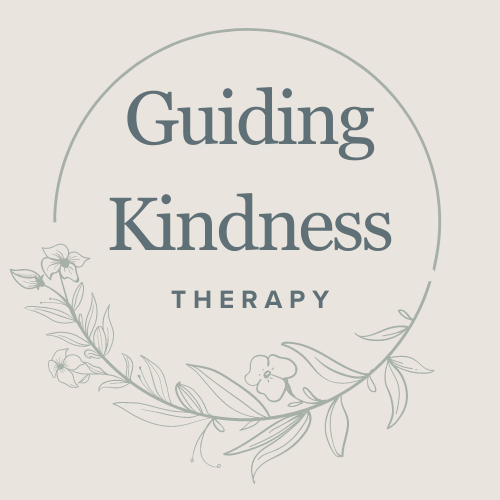Navigating Parenting and Identity: A Casual Chat About This Big Life Transition
Becoming a parent is one of those major life changes that can totally flip your world upside down.
There’s so much joy in welcoming a little one, but it also comes with a ton of uncertainty and some identity shifts that might catch you off guard.
As a mental health therapist, I've seen plenty of parents wrestle with these changes. It’s super important to figure out how parenting intertwines with who you are, not just for your own mental wellness, but also to be the best parent you can be. Let’s dive into a few thoughts about this big transition!
The Identity Shift of Parenting
Before kids come along, most people have a pretty solid grip on their identities—whether it's through their jobs, hobbies, or friendships.
But once children enter the picture, everything changes.
Suddenly, your priorities shift, and that cool person you used to be might feel a bit lost under all the new responsibilities of parenthood. It can be a real identity crisis for many, leaving you wondering who you are outside of the “mom” or “dad” label.
It’s totally normal to feel a bit sad or like you’ve lost a piece of yourself while adapting to this new role. The more you dive into caregiving, the less time you might have to focus on your hobbies or even just sit quietly and think about what you want. Acknowledging that this feeling is common can really help ease the struggle.
The Importance of Self-Care as Parents
With so much going on, self-care becomes crucial for new parents. Taking some time for yourself is a big deal. Whether it’s picking up an old hobby, hanging out with friends, or even chatting with a therapist, making time for activities that keep you connected with who you are can do wonders.
Good mental health pros often encourage parents to carve out these moments.
When you take care of yourself, it’s way easier to take care of your kids. It’s not selfish at all; it’s a key part of being a healthy and engaged parent.
Communication and Connection are Key
Another important piece of the puzzle is open communication between partners. Let’s face it—parenting can get overwhelming, and talking about your feelings, fears, and experiences is vital.
Sharing the ups and downs of parenting not only brings you closer but can also help you feel like you’re not alone in this journey.
If discussing feelings is tough, bringing in a therapist (like us here at Guiding Kindness Therapy!) can create a safe space where you both can explore your thoughts. Therapy is a great way for couples to understand how their identities shape their parenting styles, fostering a united family front.
Addressing Mental Health as a Parent
The shift into parenthood can sometimes crank up mental health challenges, bringing on anxiety and depression.
It's important to spot the signs early. Postpartum depression, for instance, is more common than many people realize and can impact both moms and dads.
If you're feeling overwhelmed, inadequate, or constantly anxious as you navigate parenting, seeking help is a smart move and can provide the support you need to get through these tough feelings and develop healthier ways to cope.
Key Next Steps in Your Parenting Identity Journey
1. Seek Professional Guidance: If you’re feeling swamped by parenting challenges, talking to a qualified therapist can be a game-changer. They can help you process what you’re going through and offer strategies for coping. Major points if they specialize in parenting and identity (pointing at us here).
2. Prioritize Self-Care: Make self-care a must-do in your schedule. Find activities that help you reconnect with your identity, and watch how positively it impacts your parenting.
3. Communicate Openly: Chat openly with your partner about what you’re feeling. Building a strong support system at home can reduce those lonely moments and make the parenting journey feel less daunting.
4. Normalize Mental Health Conversations: Let's ditch the stigma around mental health. Just like our physical health, emotional well-being deserves attention. Create a home environment where talking about these issues is totally normal, especially as you navigate parenting.
5. Contact a Therapist: If you’re feeling the weight of parenting and identity shifts, think about reaching out to speak with a professional. Having someone to talk to can provide invaluable support during this transition.
Parenting is an incredible journey filled with love and growth, but it's also a time of significant change that can create challenges for your identity.
As a therapist, I really encourage parents to embrace their new roles while also focusing on their own well-being. Don't hesitate to seek support, make self-care a priority, and keep communication flowing with your partner.
By tackling these changes head-on, you can have a fulfilling experience for both yourself and your family. Embrace all the ups and downs, ask for help when you need it, and nurture both your identity and that of your little ones!
We're here for our Philadelphia-area clients with in-person therapy at our Bala Cynwyd office. Not in Philadelphia? No worries, we have virtual therapy for PA residents!

